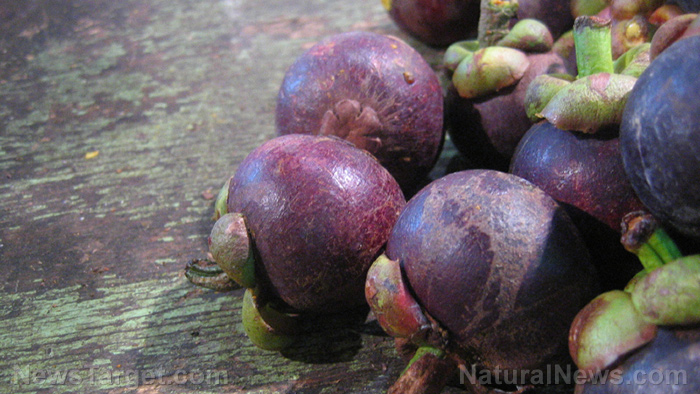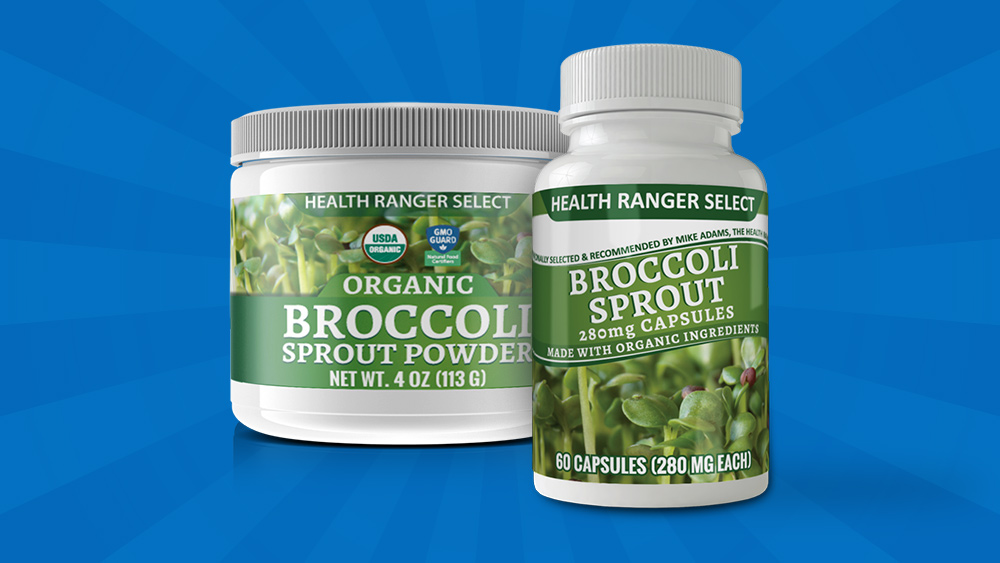NANNY STATE: Canadian government app gives you points for eating well and making better health decisions
07/29/2017 / By Tracey Watson

Well, it looks like at least one government is trying to do its best to improve the health prospects of its citizens. The Canadian government has just announced the launch of an app which will reward users with loyalty points for making healthier lifestyle choices. While the scheme is far from perfect, and several potential issues immediately spring to mind – like potential government overreach, loss of privacy, and possible incorrect health advice like “low fat and artificial sweeteners are healthy options” – at least the government has recognized the need to prevent lifestyle diseases rather than throwing pills at the problem.
The “Carrot Rewards” app will be released first in British Columbia in September, and then progressively rolled out across the different provinces. The program is based on the concept that users earn rewards points from different vendors for making healthier choices like exercising more and eating healthier meals. The government has recognized that making these types of choices is a key component in the avoidance of lifestyle diseases like heart disease, high blood pressure, diabetes and cancer. [Related: To learn more about how the right foods can stave off disease visit NaturalPedia.com.]
“Every time you do anything with this app you’ll earn more points. So the idea is to encourage you to participate or encourage you to learn more about how to live a healthy life, and reward you every step of the way,” explained Andreas Souvaliotis, the founder and CEO of Social Change Rewards, the company marketing the app on behalf of the government.
Various organizations have been brought on board to collaborate on the app, including Social Change Rewards, the Heart and Stroke Foundation, YMCA Canada and the Canadian Diabetes Association.
The national government is providing $5 million in funding, and the provincial British Columbia government will kick in an additional $2.5 million towards the program.
Though many may be concerned about potential privacy issues, Souvaliotis has assured the public that Canada’s strict privacy laws means they need not be concerned.
“There will not be sensitive health data we will never ask people to reveal to us what kind of cancer they had 10 years ago. It is data that has to do with health promotion and healthy behaviors,” he claimed.
Although it is true that there is far more involved in truly staving off disease than simply eating well and exercising more, including avoiding GMOs, choosing organic produce, ensuring that your cosmetic products are chemical free, and so on, a similar app would certainly be a good idea in the U.S., too.
Experts agree that there are four basic pillars to good health and avoiding lifestyle diseases:
- A healthy diet;
- Regular, moderate exercise;
- Staying within the recommended body fat percentage; and
- Not smoking.
Most of us would agree that none of these requirements are too demanding, especially considering the healthy rewards they promise. Nonetheless, a 2016 study by Oregon State University and the University of Mississippi reached the shocking conclusion that 97.3 percent of U.S. adults fail to meet these four basic requirements. This, despite the fact that the researchers purposely ensured that their standards were not too exacting.
“The behavior standards we were measuring for were pretty reasonable, not super high,” Ellen Smith, the lead author of the study, said in a statement. “We weren’t looking for marathon runners,” she added. [Related: Leading a sedentary lifestyle is just as dangerous as smoking, say researchers.]
It remains to be seen what the effect of the Carrot Rewards app will be. Whatever the results, though, it certainly seems like a step in the right direction. Perhaps our own country’s health officials could take a leaf out of Canada’s book and start a similar initiative.
Sources for this article include:
Tagged Under: Canada, Canadian government, Carrot Rewards app, disease prevention, health surveillance, healthy lifestyle, lifestyle diseases, medical privacy, mobile app




















